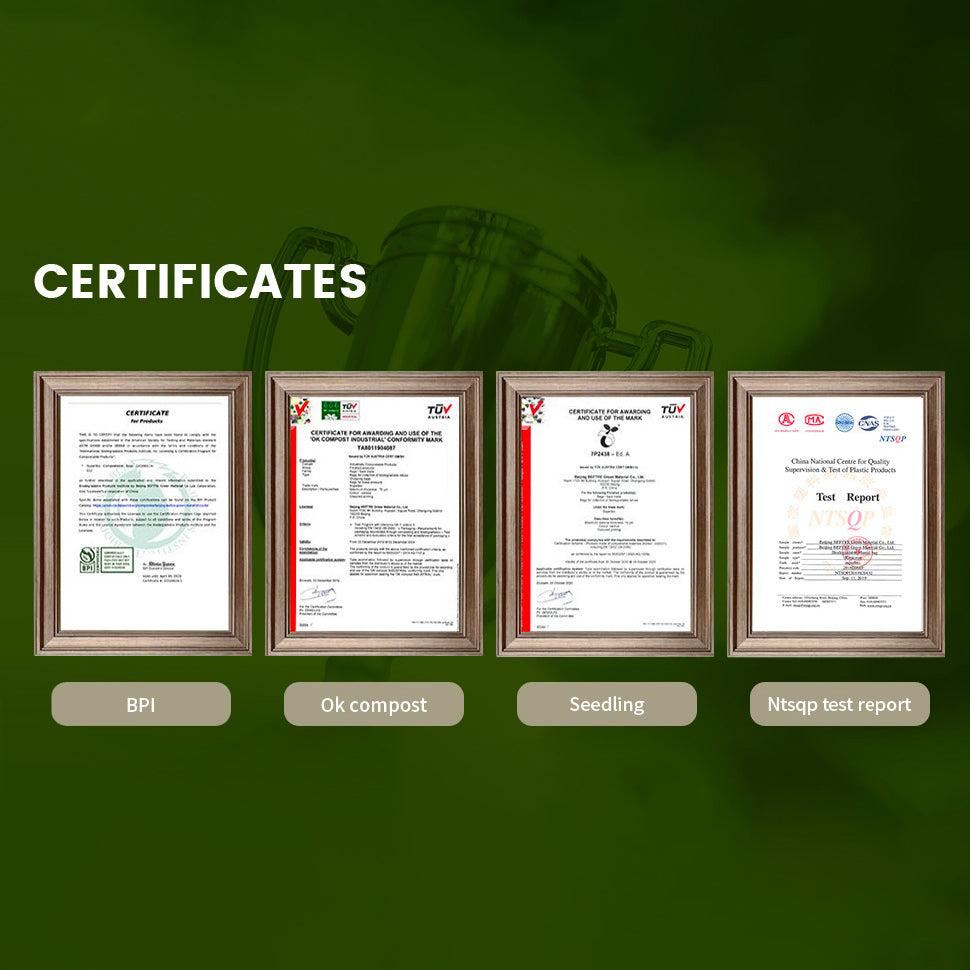Uninhabited Island Stuns Internet With Eerie Black Appearance
The vast blue of the Pacific hides secrets that spark curiosity. One such mystery emerged when a dark blot appeared on Google Maps. The image raised questions and wild theories, until the truth came to light.
It turned out to be a tiny, uninhabited coral island known as Vostok Island, owned by the Republic of Kiribati, BBC Newsround reports.

Photo: Google Earth
Vostok Island is uninhabited.
Digital Discovery Sparks Wild Theories
A sharp-eyed social media user first spotted a pitch-black mark amid the endless ocean. The unusual dark patch stood out against the deep blue and ignited a flurry of speculation online. Some voices suggested it might be a hidden military base, while others mused about an underground volcano or even a secret portal.
As conversations on Reddit and other platforms grew louder, the mystery captured the imagination of many, drawing attention from both casual browsers and seasoned internet sleuths, Good reports.
The Island Unmasked by Nature
Closer investigation revealed that the so-called “black hole” was, in fact, Vostok Island. Located roughly 4,000 miles east of Australia, this diminutive landmass covers a mere 0.1 square miles.
The island is cloaked in dense clusters of Pisonia trees, whose deep green canopy appears almost black from high above. This optical illusion is responsible for the mysterious mark on satellite images. According to BBC Newsround, the phenomenon was clarified when experts explained that the dark appearance is due to the tightly packed forest.

Photo: Pexels
The mystery captivated internet sleuths.
Nature’s Double-Edged Charm
The Pisonia trees that dominate Vostok Island are more than just an intriguing visual. These trees have evolved a unique strategy to spread their seeds. Their sticky seed pods latch onto seabirds such as red-footed boobies, frigatebirds, and black noddies.
While this method facilitates long-distance dispersal, it also has a deadly side. The adhesive nature of the seeds can trap birds, sometimes fatally so, Metro reports. These accidental entanglements have led to macabre scenes, where birds are found immobilized and even perishing beneath the weight of these seeds.
The Role of Optical Illusions in Modern Cartography
The mystery of the dark patch has fueled a range of theories online. Some internet users even speculated that the area was deliberately obscured for national security reasons or that it concealed hidden extraterrestrial activities. However, further analysis has consistently debunked these ideas. Live Science explains that the appearance of a “black hole” is merely an optical illusion. The dense canopy of Pisonia trees on Vostok Island gives off an almost uniform dark patch when captured by satellites, dispelling the more outlandish theories.

Photo: Pexels
The island's reefs teem with diverse marine species.
A Haven for Underwater Explorers
Despite its eerie appearance from space, Vostok Island remains a haven for marine adventurers. Noted diver Enric Sala once described his experience exploring the island’s surrounding reefs as the best dive of his life. The clear waters teem with vibrant marine life, including sharks, barracudas, and surgeonfish, making it a prized location for divers seeking pristine underwater ecosystems.
As Good reports, the island’s isolation and natural beauty add to its allure, attracting only a few intrepid explorers.

Photo: Google Maps
Dense Pisonia trees create the dark optical illusion.
Mystery Resolved, Curiosity Persists
The dark image that once sparked endless conspiracy theories now stands as a testament to nature’s deceptive simplicity. Vostok Island, with its densely packed Pisonia trees, provides an extraordinary example of how natural features can mislead the digital eye.
While initial reactions ranged from fear to fascination, careful analysis has clarified that no secret projects or hidden portals exist—only the raw power of nature to create optical illusions. Even so, the island continues to inspire curiosity and wonder among those who glance at its mysterious silhouette on Google Maps, reports Unexplained Mysteries.
The story of Vostok Island reminds us that not all that appears strange in our digital world harbors hidden dangers. Sometimes, nature itself is the greatest illusionist, turning an ordinary island into a captivating mystery that challenges our perceptions.





























































































































































































































































































































































